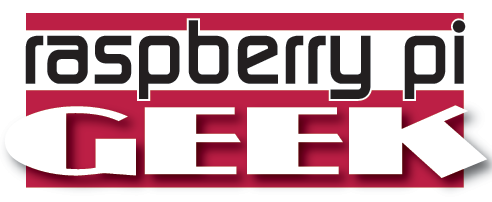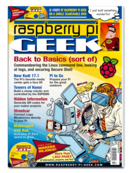Using the C-Berry screen for graphics output
The LCD module C-Berry designed by Admatec comes as a 3.5-inch diagonal TFT screen [1]. It also includes an adapter for the GPIO interface of the Rasp Pi, which makes it possible to integrate the hardware without much effort into your projects. The screen has an off-the-shelf price tag of about EUR 40 at dealers like Conrad or ELV Electronics.
The easy-to-understand documentation for the module and the source code that accompany it form a solid foundation for building your own applications. You will be able to create programs quickly that can be controlled from one script. This solution is just right if you want to supplement the QR code player [2] presented in the previous edition of Raspberry Pi GEEK with a graphical output feature. The player as described already lets children select the music they want to hear through with the use of QR codes and a small remote control.
It would be nice, however, if the player could provide ongoing feedback about its operating status. Hooking up a full-fledged monitor and a bulky X server does not sound practical, because the player is supposed to help protect CDs from the rough and tumble of everyday life in a play room. Adding a monitor would defeat the entire purpose of the music player.
[...]
Buy this article as PDF
Pages: 6
(incl. VAT)







